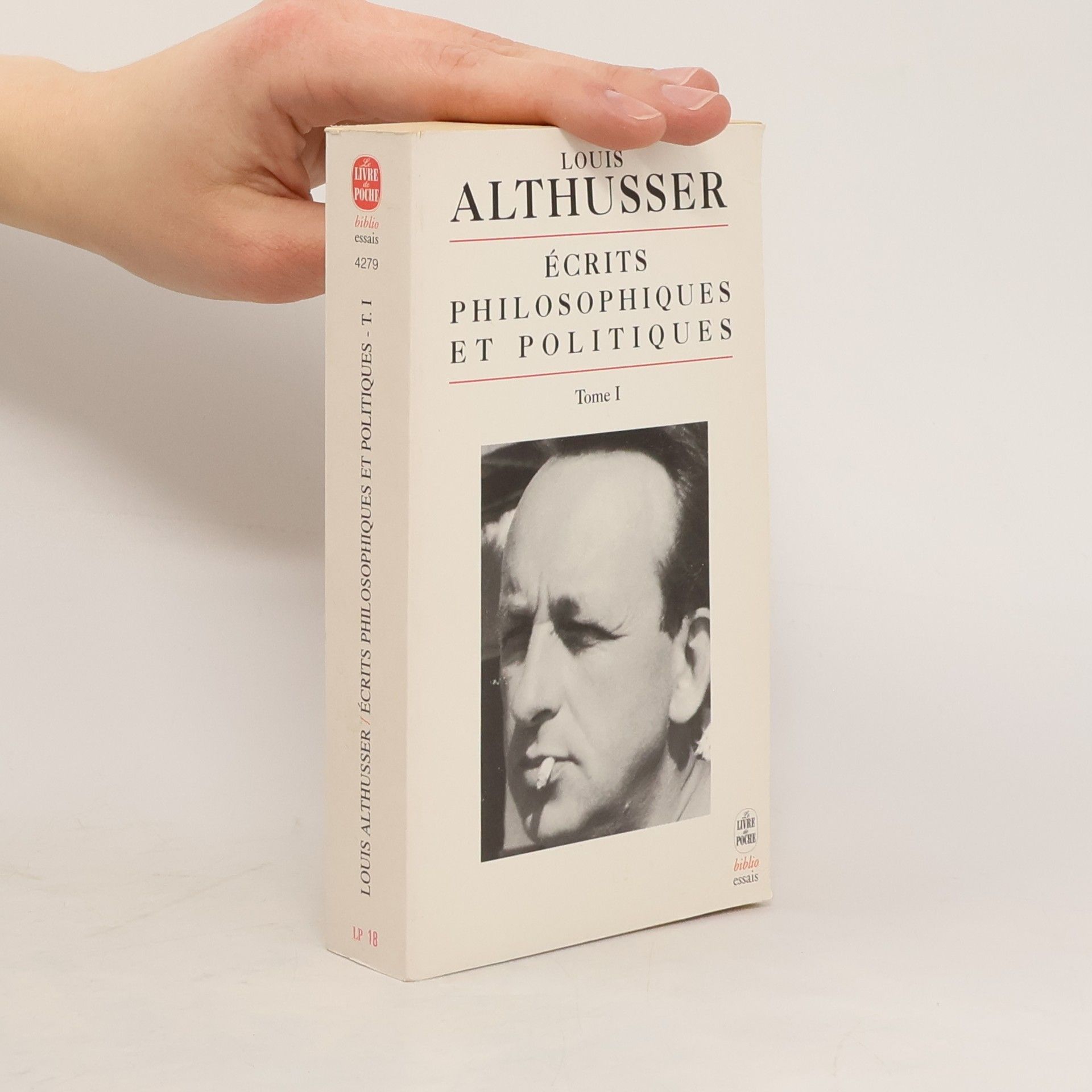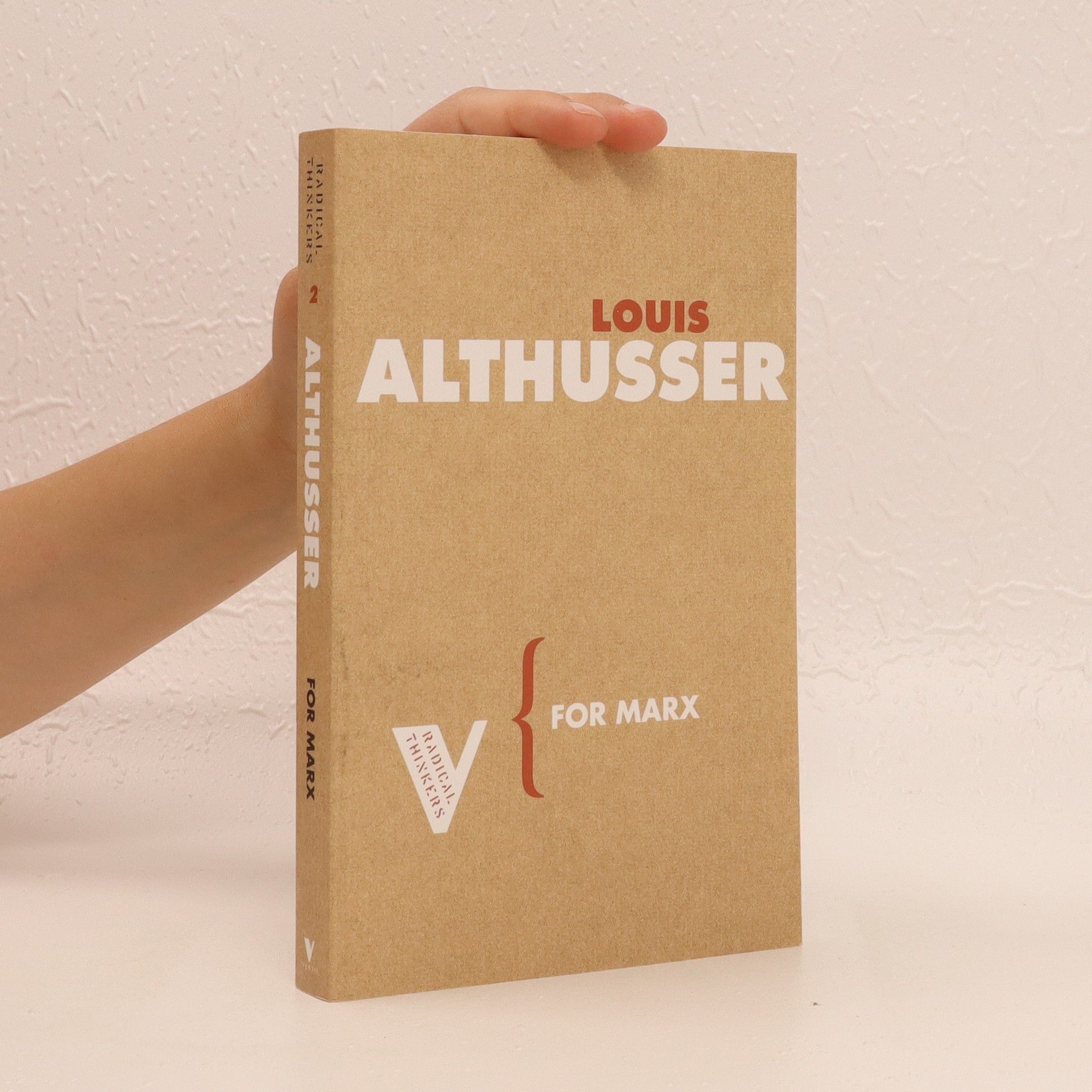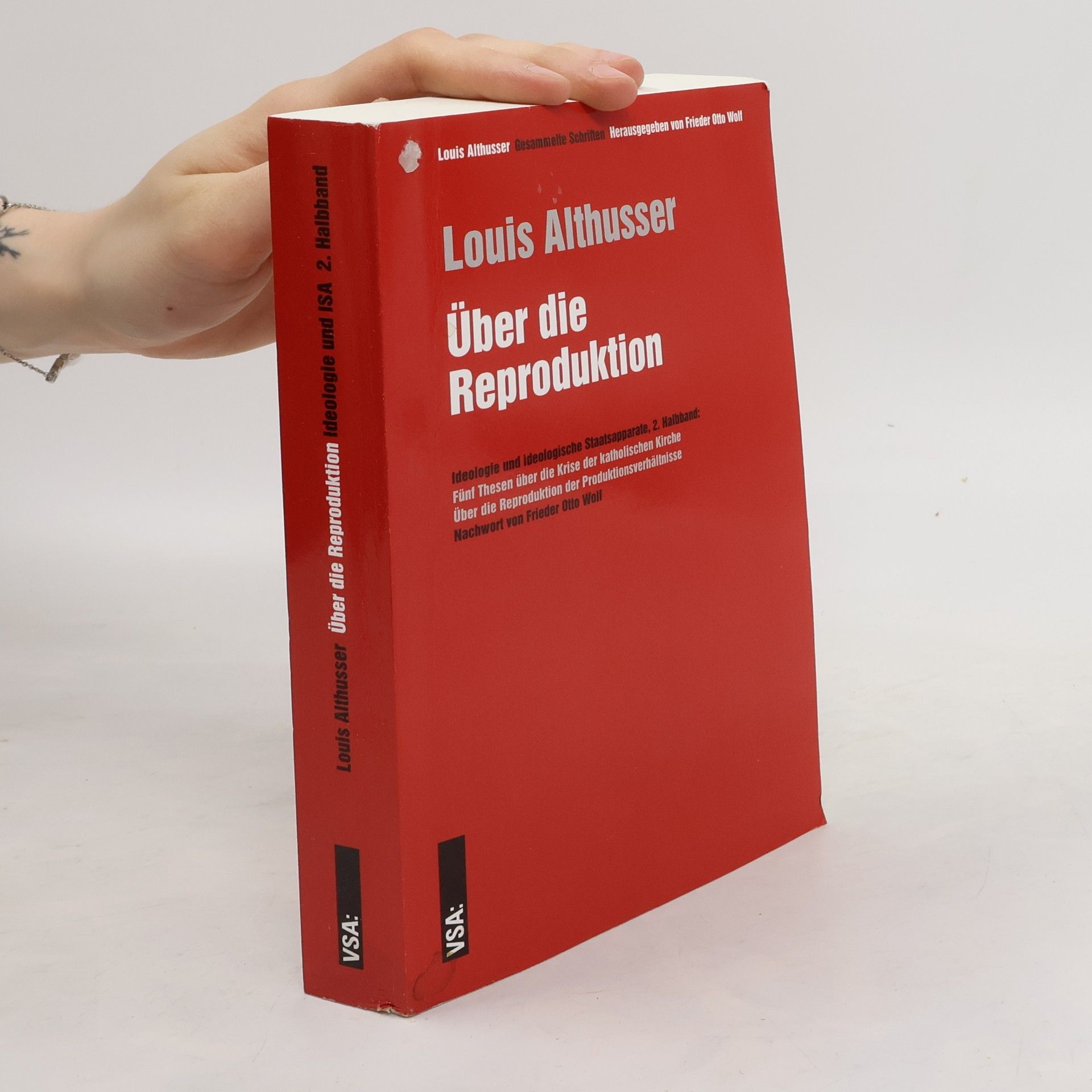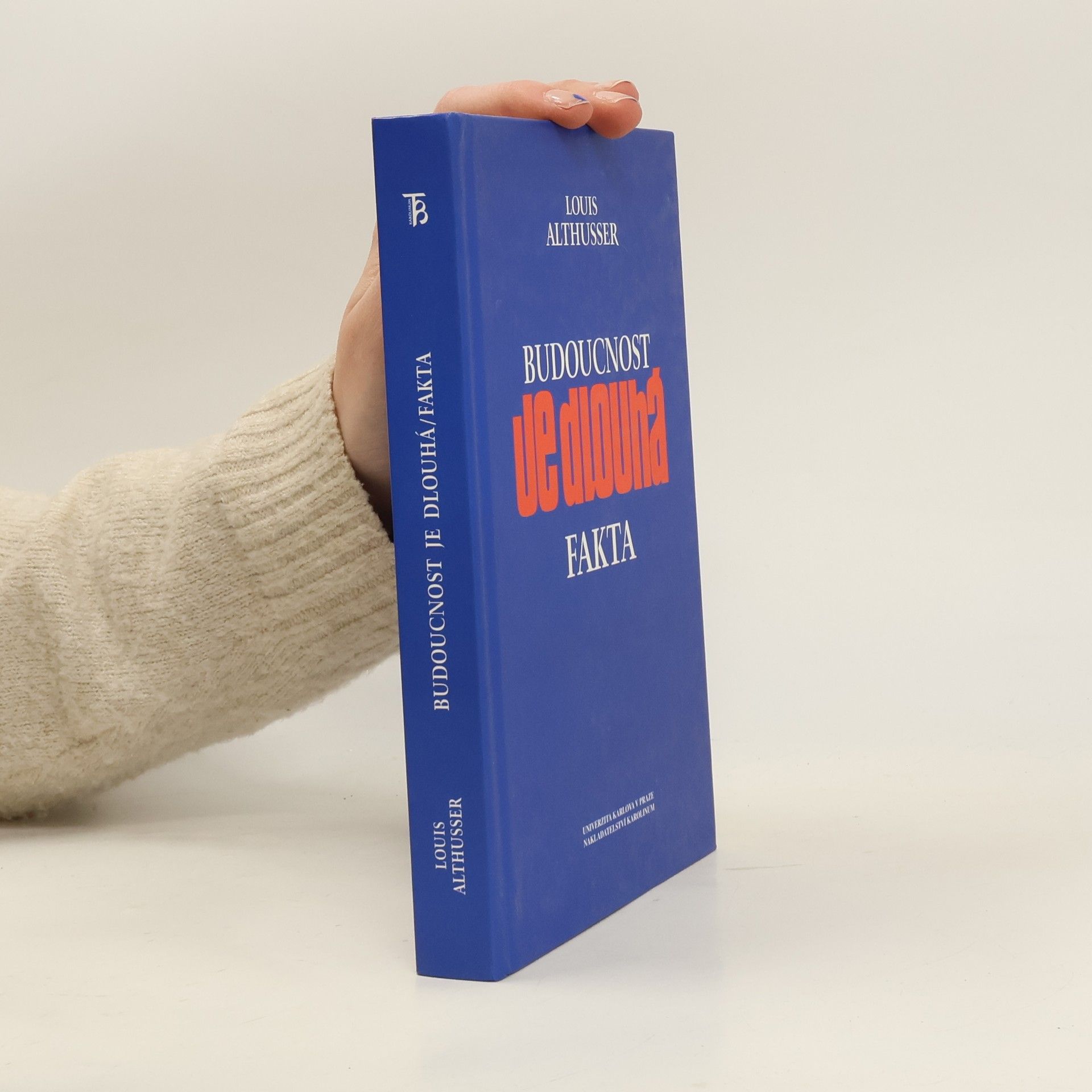What is to be Done?
- 120bladzijden
- 5 uur lezen
What is to be done? This was the question asked by Lenin in 1901 when he was having doubts about the revolutionary capabilities of the Russian working class. 77 years later, Louis Althusser asked the same question. Faced with the tidal wave of May ‘68 and the recurrent hostility of the Communist Party towards the protests, he wanted to offer readers a succinct guide for the revolution to come. Lively, brilliant and engaged, this short text is wholly oriented towards one objective: to organise the working class struggle. Althusser provides a sharp critique of Antonio Gramsci’s writings and of Eurocommunism, which seduced various Marxists at the time. But this book is above all the opportunity for Althusser to state what he had not succeeded in articulating elsewhere: what concrete conditions would need to be satisfied before the revolution could take place. Left unfinished, it is published here in English for the first time.







